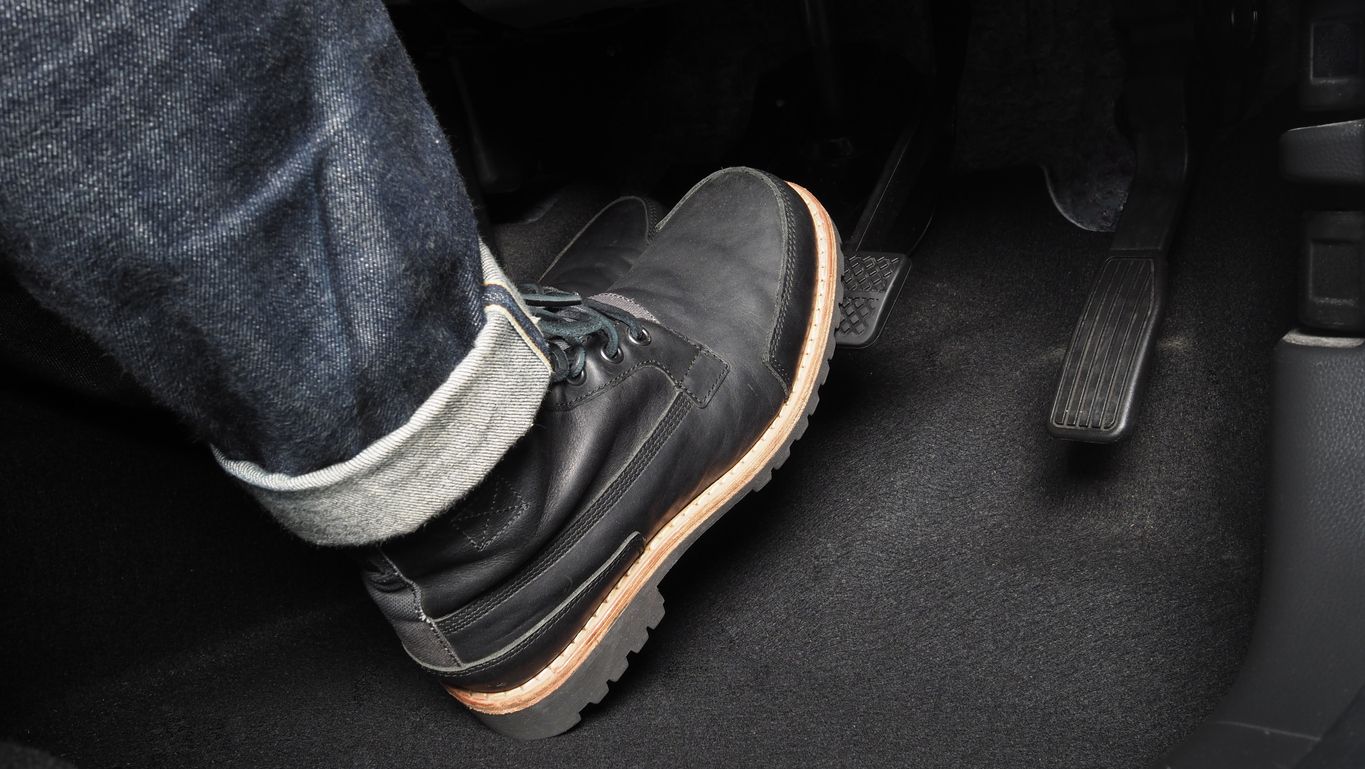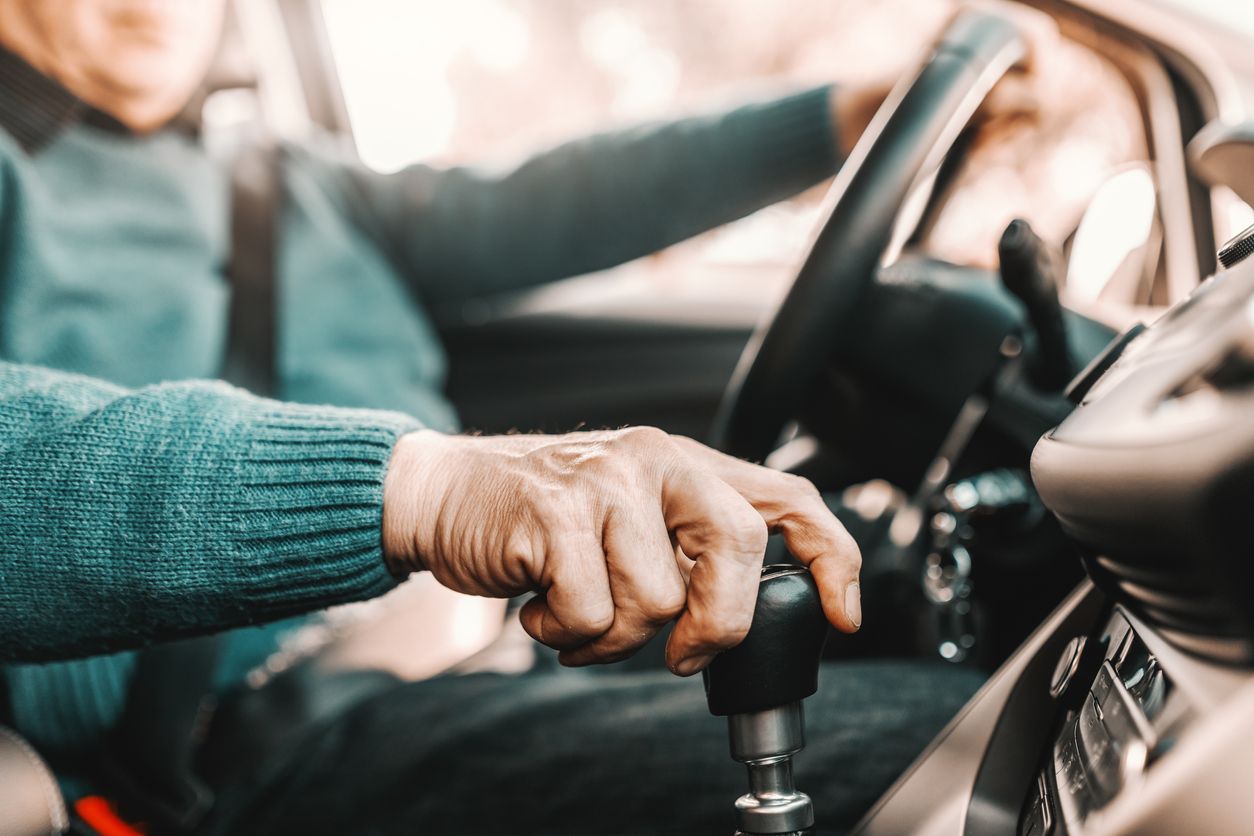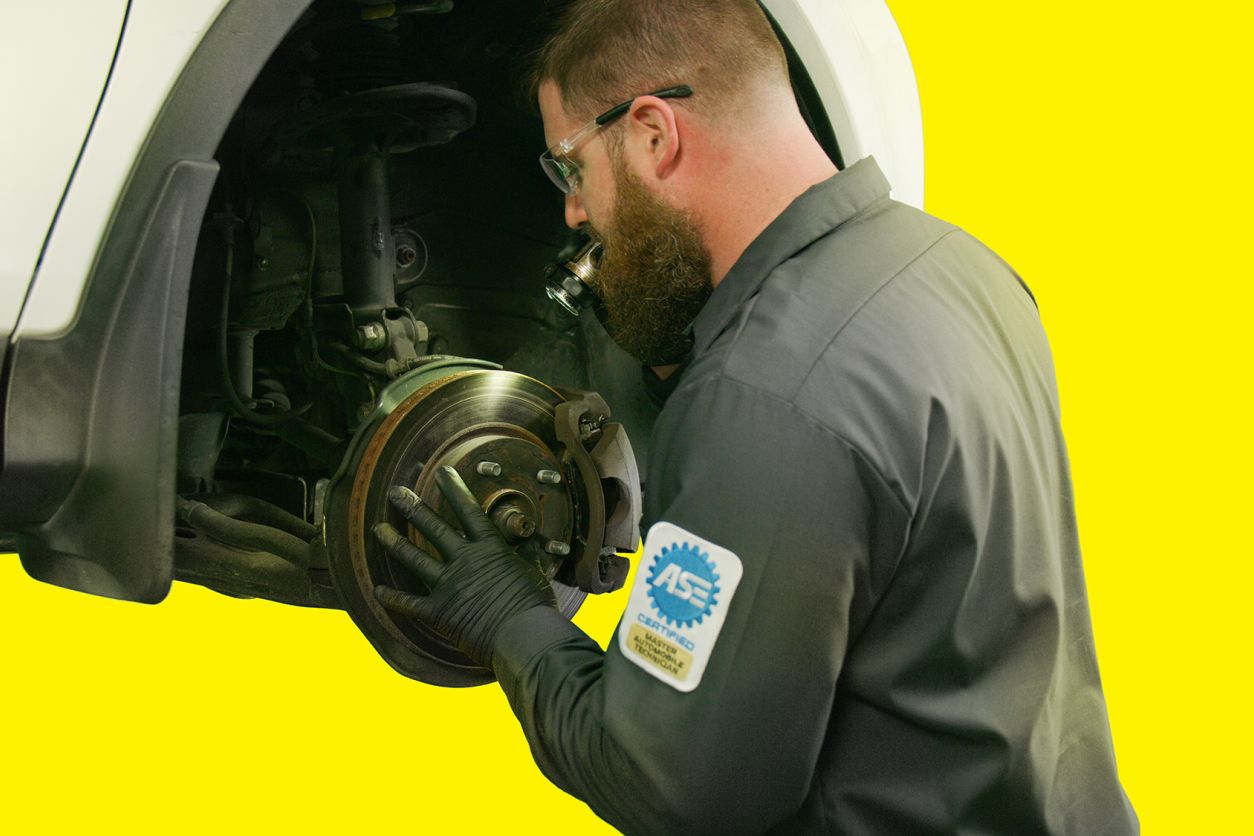Summer in the USA often means theme parks, family vacations, and lots of time behind the wheel. But before embracing the season with lengthy trips, it might be time to prioritize your car's brakes. Knowing how to make brake pads last longer and maintaining them along the way can help you and your passengers enjoy a safer, more stress-free adventure this season.
How to Extend the Life of Your Brakes
When it comes to keeping your brakes in good shape, the most significant factor is you, the driver. Modern brake technology has improved so much over the years that many parts can last thousands of miles before needing to be serviced.
If your brake pads, rotors, brake fluid, or other brake parts need replacing sooner than expected, one cause may be poor braking technique. For a better braking experience that keeps your pads and rotors working longer, try these tips.
Brake Conservatively
The single most effective thing you can do to help your brakes last longer is to brake conservatively. The hotter your brakes get, the faster they may wear out. And aggressively braking or constantly riding your brakes is a surefire way to heat up your brakes and wear them out quicker than necessary. So, how can you brake more conservatively? Check out the proper braking techniques below.
- Place the heel of your right foot on the floor between both the accelerator and brake pedal. The ball of your foot should comfortably reach the center of the brake pedal. If not, you may need to adjust your seat. (Do not use both feet to operate the pedals! Applying both pedals simultaneously or constantly riding the brake with your left foot will quickly grind your brake pads to dust.)
- With the majority of your right foot’s weight on the floor, pivot your foot forward to apply light pressure on the brake pedal.
- Gradually increase the pressure on the pedal until you meet resistance, and your car begins to slow as needed.
- Before coming to a complete stop, slightly ease off the brake pedal to prevent too much bounce-back when your car stops.
Practice Safe Driving
Braking conservatively goes hand in hand with smart driving practices. If you are aware of your surroundings and know when and how to brake a car properly, you may save your brake parts from a lot of unnecessary wear. Use these smart driving tips to brake more conservatively:
- Scan the road ahead and keep your eyes up and look far down the road to catch any hazards or slow-downs well in advance.
- Brake smoothly and early rather than slam on the brakes. Give yourself enough room to gradually apply brake pressure and come to a complete stop.
- Pay attention to other drivers and anticipate their actions. Doing this will help you to react quickly and appropriately.
- Coast to reduce speed. If cars are braking ahead, ease your foot off the gas and coast until you need to apply the brakes. Reducing your speed beforehand can reduce the amount of friction your brakes need to slow the car, thereby reducing premature wear.
- Hover over the brake pedal. If you spot potential hazards down the road, lift your foot off the accelerator and hover over the brake pedal. This reduces your speed, stopping distance, and allows you to immediately react with the brakes if necessary.
Regularly Service Your Brakes
Even if you’re braking conservatively, at some point, you will need to service your brakes. Check your owner’s manual for the recommended service interval for your brake system, or bring your car into your local Tires Plus for a free brake inspection before your trip. While you’re at it, you’ll also want to check these five important things on your car before and after a road trip to make sure your vehicle stays in tip-top shape.
Reduce Vehicle Weight
This one is simple: the heavier your vehicle is, the more stopping force is required by your brakes. While it’s easy to fill your car to the brim with suitcases and recreational gear for a road trip, opting for lighter loads can save your brake system from undue wear and tear. Instead, consider bringing only the essentials to give your brakes a break.
Recognize Signs of Brake Trouble
In the days and weeks before your trip, pay attention to any signs of potential brake trouble so you can take care of them well before traveling. Strange noises, squishy pedals, and a vibrating steering wheel could point to serious issues such as deteriorating brake pad life, low brake fluid, and more. The last thing you want is brake problems with a loaded car hundreds of miles from home.
Upgrade Your Brake Pads
Brake pads are meant to last for tens of thousands of miles but can wear out faster due to steep driving conditions, hard braking, and the material they’re made from. If you want your brakes to last longer, consider upgrading the quality of your brake pads. Choose from ceramic, semi-metallic, or organic brake pads. Our professional technicians can help you determine the best brake pads for your needs.
Exchange & Replace Brake Fluid
Brake fluid is an essential part of your braking system, and, just like brake pads and rotors, it occasionally needs to be replaced. Exchanging your brake fluid ensures your brakes are properly pressurized and reactive when you press on the brake pedal. Brake fluid should be exchanged approximately every two to five years to remain effective, or if you experience copper levels above 200 PPM. Check your owner's manual for manufacturer recommendations.
Check Your Brakes at Tires Plus Before You Go
All set and ready to go on the road trip of a lifetime? Before you hit the road, stop by your nearest Tires Plus for a free brake inspection. Our professional technicians will make sure your brakes are ready for your trip.



